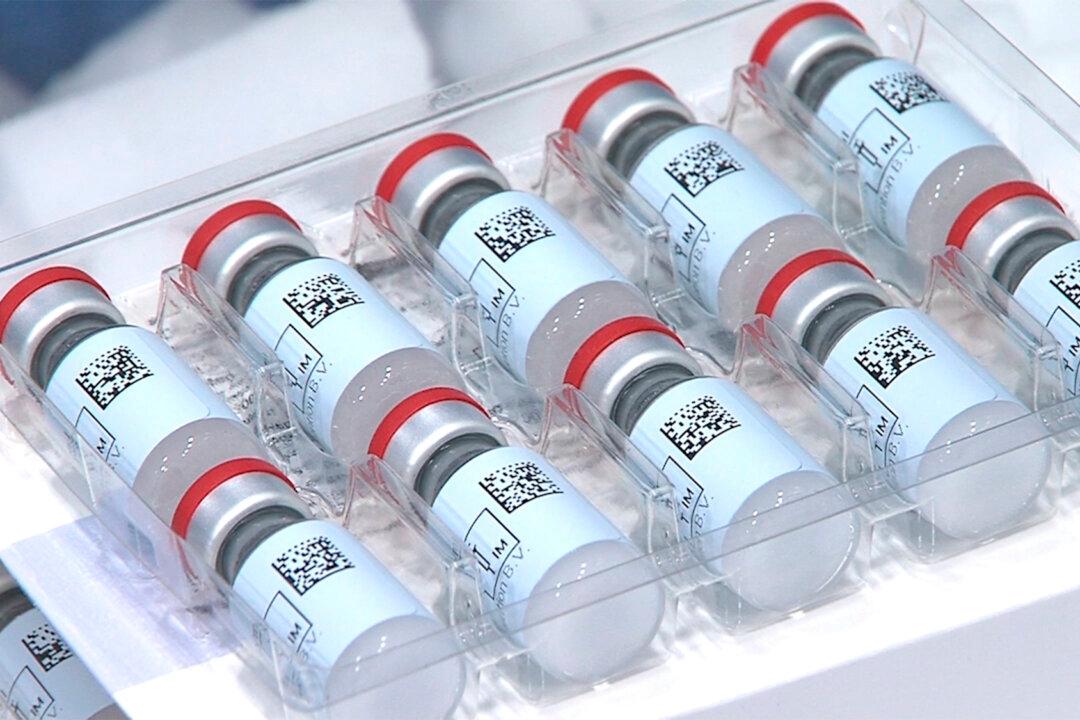Pharmaceutical giant Johnson & Johnson said on April 3 that it’s taking charge of a Baltimore manufacturing plant where 15 million doses of its COVID-19 vaccine were spoiled last month.
The move came after workers at the facility of Emergent BioSolutions, a Maryland-based biotech company that has been manufacturing both the Johnson & Johnson and the AstraZeneca vaccines, accidentally swapped materials for the two vaccines.





